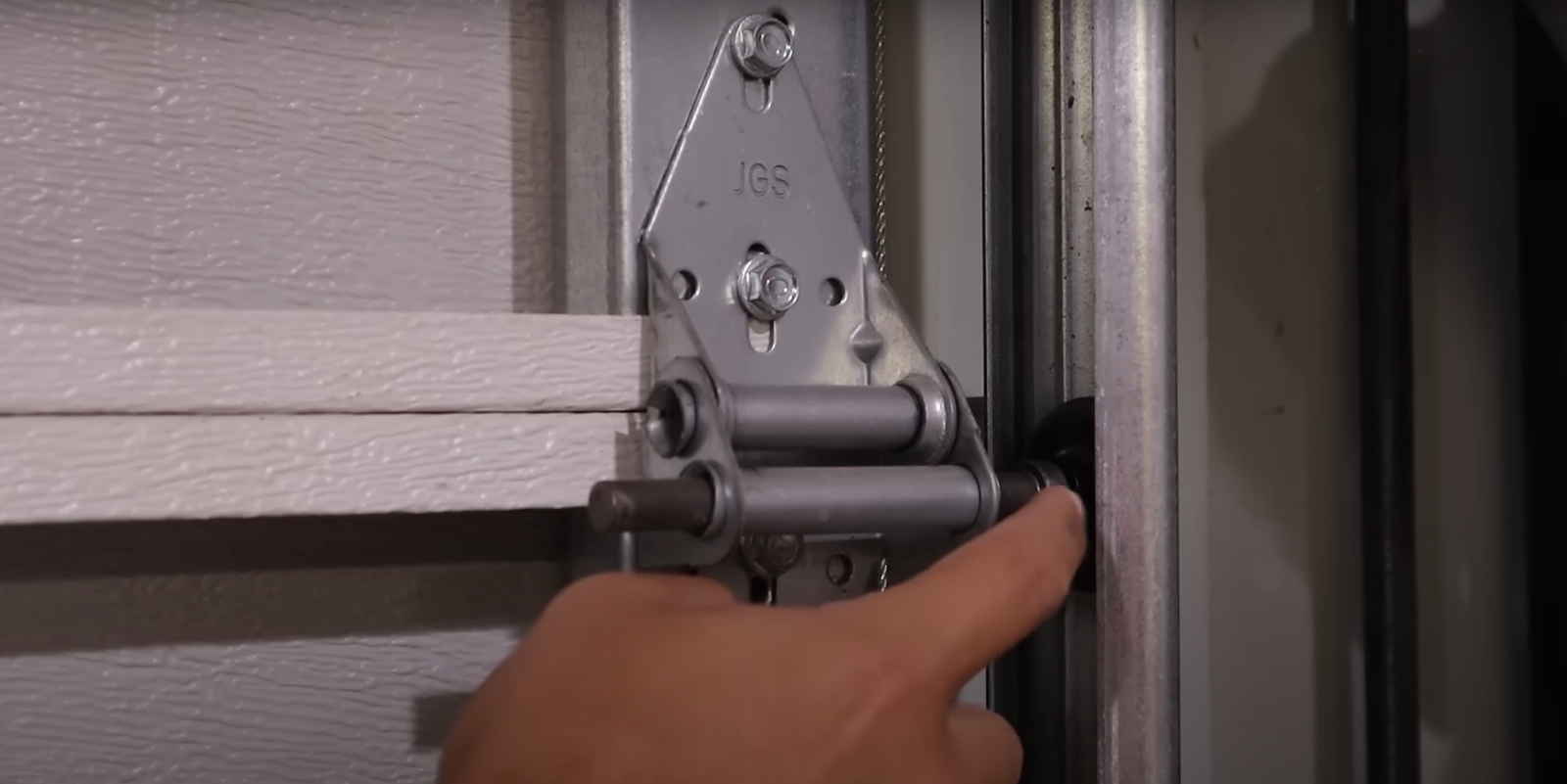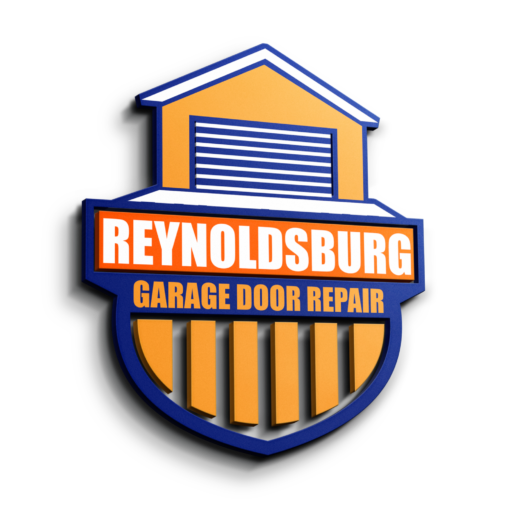Fixing Noisy Garage Doors Made Easy for Homeowners
- COMMERCIAL GARAGE DOOR REPAIR
- GARAGE DOOR OPENER INSTALLATION
- GARAGE DOOR SPRING REPAIR
- SAME-DAY GARAGE DOOR REPAIR
- CUSTOM GARAGE DOOR
- GARAGE DOOR OPENER REPAIR
- GARAGE DOOR TRACK REPAIR
- GARAGE DOOR CABLE REPAIR
- GARAGE DOOR PANEL REPAIR
- LOCAL GARAGE DOOR REPAIR
- GARAGE DOOR REPLACEMENT
- NOISY GARAGE DOOR FIX
- GATE REPAIR
- GARAGE DOOR INSTALLATION
- GARAGE DOOR SECTION REPLACEMENT
- OVERHEAD GARAGE DOOR REPAIR

Fixing Noisy Garage Doors Made Easy for Homeowners
A noisy garage door can be more than just an annoyance. That constant screeching, rattling, or grinding can disturb your peace and even signal underlying problems with your garage door system. The good news? You don’t need to be a professional to fix a noisy garage door. With a bit of knowledge and some basic tools, you can quiet that noise in no time. Here’s how to troubleshoot and fix your noisy garage door like a pro.
Why is My Garage Door Noisy?
Before jumping into solutions, it’s important to understand the common causes of garage door noise. A noisy garage door could be the result of several issues, often stemming from wear and tear or a lack of proper maintenance. Here are the most common culprits:
- Loose hardware: Over time, vibrations from regular use can loosen bolts, nuts, and screws.
- Dry or dirty rollers: Rollers that aren’t lubricated or are clogged with debris can create grinding or squeaking noises.
- Worn-out hinges: If the hinges no longer function smoothly, they can cause creaking noises while opening or closing.
- Faulty springs: Broken or worn-out garage door springs can create loud popping or snapping sounds.
- Unbalanced door: If the door isn’t properly aligned or balanced, it can put excess strain on parts, creating rattling noises.
How to Fix a Noisy Garage Door
Follow these simple steps to quiet your garage door and ensure it functions smoothly.
1. Tighten the Hardware
The first step is to inspect the bolts, screws, and nuts on your garage door and its tracks. Use a wrench or screwdriver to tighten any loose parts. Be careful not to over-tighten, as this could damage hinges or strip screws. Securing the hardware can immediately reduce vibrations and rattling noises.
2. Lubricate Moving Parts
Proper lubrication is key to fixing a noisy garage door. Apply a silicone-based lubricant or a garage door lubricant spray to all moving parts, including:
- Hinges
- Rollers
- Tracks
- Springs
Avoid using WD-40, as it’s a degreaser rather than a lubricant, which can make metal parts wear out faster.
3. Replace Worn-Out Parts
Inspect the rollers, hinges, and springs for signs of wear or damage. If the rollers are bent or have cracks, it’s time to replace them. Go for nylon rollers instead of metal ones, as they are quieter and require less maintenance.
If your springs or hinges look worn out, consider calling a professional for replacement, as these parts can be dangerous to handle without proper tools and expertise.
4. Check the Door’s Alignment
A misaligned garage door can create unnecessary noise and strain on its components. Manually open and close the door to see if it moves smoothly. If it wobbles or seems uneven, check the tracks and ensure they are securely fastened and straight. You may need to loosen the track bolts slightly to adjust their alignment.
When to Call a Professional
While many noisy garage door issues can be fixed with basic maintenance, some problems require professional help. If you notice grinding sounds from the motor, frayed cables, or excessive wear on the springs, it’s best to call an expert. Attempting to fix these complex issues on your own can lead to injury or more damage.
Enjoy a Quiet Garage Door
Fixing a noisy garage door doesn’t have to be complicated. With regular maintenance like tightening hardware and lubricating parts, you can keep your garage door running quietly and smoothly. If you’re not comfortable handling challenging repairs, don’t hesitate to bring in a professional, like Reynoldsburg Garage Door Repair, to ensure everything is in top shape. A quiet door means fewer headaches for you and a longer lifespan for your garage door system!
